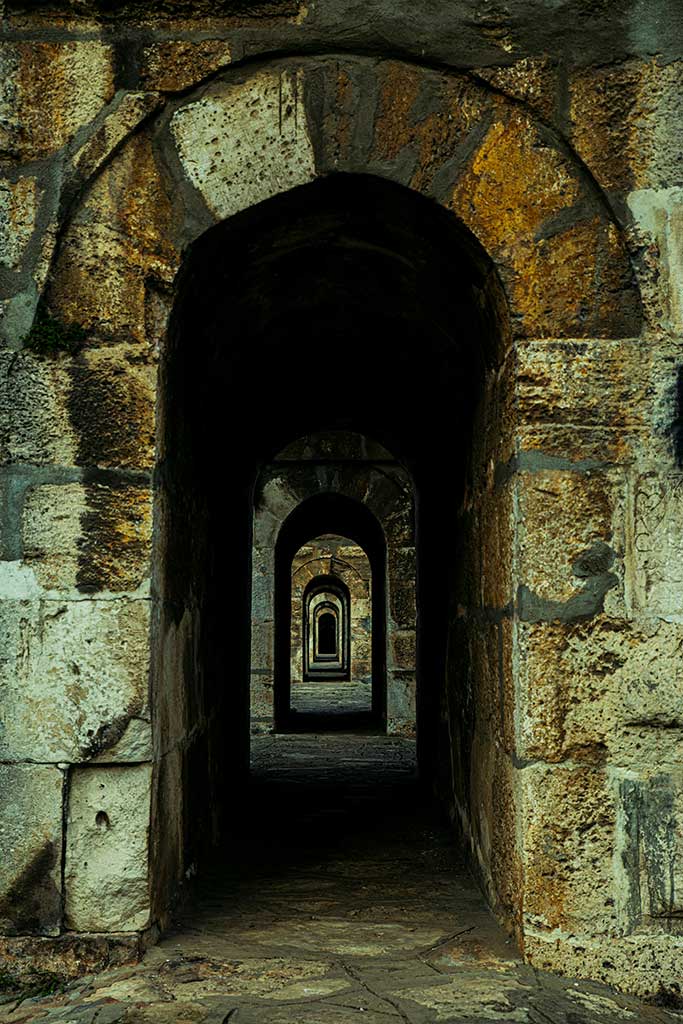
For a long time, there has been a debate about the admissibility of non-resident Spanish wills
exclusively for property in Spain. Despite this debate, the practice has developed among foreigners
who live in Spain or own a second home there.
This topic and the ideas surrounding it were analyzed during a seminar of the Order of Notaries in
Madrid in 2023.
The entry into force of the European Regulation on Succession on August 17, 2015, and several
contradictory rulings by the notarial supervisory body, the DGSJFP, have called into question its
admissibility in Spanish law. However, in a decision of the European Court of Justice of October
12, 2023, the Court recognized that the so-called principle of unity of succession is not absolute and
allows for exceptions. In recent publications by Spanish notaries, the validity and practical
usefulness of the “property in Spain will” is defended, as it is not intended to fragment the
applicable law, but only the inheritance by dividing the assets located in Spain.
The suggested solution to the objections to such wills is to call the deed drawn up by a Spanish
notary for property in Spain a “codicil,” where possible under regional law, and to use the term
“devisee” rather than “heir” of assets in Spain.
Although the nature of real rights and registration requirements fall outside the scope of the
European Succession Regulation, a recital in the Regulation stipulates that the law applicable to the
succession will govern the transfer of assets to legatees and the consequences of accepting the
devise. For example, if the succession is governed by Dutch law, which considers the devise an
obligation of the estate and not a real right (as in Spain), and the devise must therefore be
transferred by the heirs, the law of the place where the property is located (in this case, the Spanish
Mortgage Registry) cannot “affect” the validity of the devise under Dutch inheritance law, as only
one law may govern the succession.

However, the Spanish Mortgage Registry stipulates that the registration of specific bequeathed
assets in the Spanish Property Register is permitted provided there are no legitimate heirs and the
devisee has been authorized by the testator to take possession of the bequeathed assets in Spain.
The attribution through “codicils” granting a devise, in which the testator grants the devisee
exclusive possession, can therefore also be valid under the Spanish Mortgage Registry.
If the Spanish devise is to be delivered to the heirs, due to the testator’s lack of consent for the
devisee to take possession or due to the existence of legitimate rights of legal heirs, the legal heirs
must demonstrate their status as such through documentation. Essentially, the European Certificate
of Succession, which reflects the status of the heirs, can be used for this purpose.
It is important to emphasize that the Spanish will itself constitutes the title of the allocation of assets
in Spain. Foreign documentation that must be submitted need only provide evidence of the facts and
circumstances of the inheritance. Furthermore, the Spanish notary can confirm under own
responsibility , in the deed of inheritance, the validity of a specific foreign law with which they are
familiar and also confirm the details of the foreign documentation relevant to the execution of the
deed of inheritance. The European Certificate of Succession will be of particular importance in this
regard, as it indicates which law applies, what the status and rights of the heirs are under that law,
and provides evidence thereof.
Finally, publications recommend including a stipulation in a Spanish will that the will can only be
considered revoked if this is explicitly stated in a future will. This means that revocation will not
occur simply by executing another will if it is compatible with an earlier one.
Further wills may be drawn up in different countries in the future that could conflict with the earlier
Spanish will, potentially leading to involuntary revocations resulting from the combination with
later deeds. This risk exists if attention was not paid to what was previously granted, for example,
because the testator cannot remember it due to the passage of time or loss of mental capacity.
With the publication of the aforementioned considerations and recommendations, both academics
and case law have analyzed and substantiated the view that a so-called will “for assets in Spain” is
considered perfectly valid and permissible, not only as a codicil or with the appointment of a
devisee, but also with the appointment of heirs for assets in Spain.
Especially in tourist areas with a large amount of foreign-owned real estate,
such a will or “codicil” will be able to continue to facilitate the distribution of Spanish estates
without expensive formalization costs or the use of complex foreign documentation.
This simplification will essentially come as a relief, not only for the notary but even more for the
heirs, who will already have more than enough to deal with following the death of a loved one.
Source:
EL NOTARIO DEL SIGLO XXI – JULIO – AGOSTO / Nº 122
La validez y utilidad del testamento “sólo para bienes en España” tras el Reglamento Europeo de
Sucesiones
Conflicto de Leyes, Alvaro Delgado Truyols, notario de Palma de Mallorca